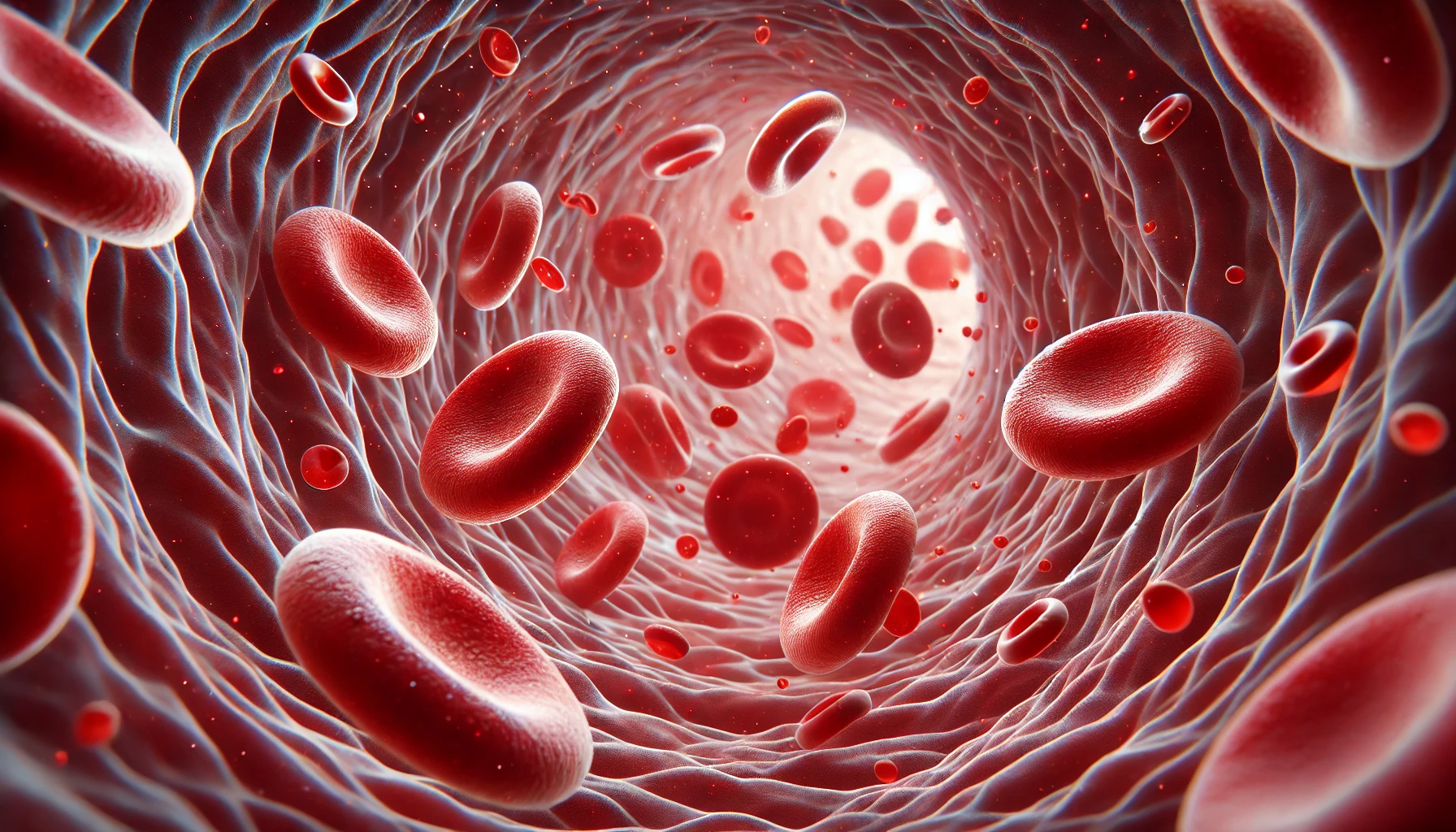Boston Pharma's Efimosfermin Alfa Shows Strong Phase II Results for Monthly MASH Treatment Amid Growing Competition

Boston Pharmaceuticals has shared encouraging results from its Phase II trial of efimosfermin alfa, a once-monthly injection designed to treat metabolic dysfunction-associated steatohepatitis (MASH). The study findings highlight that 45.2% of patients who received efimosfermin alfa experienced significant improvement in fibrosis, without worsening MASH, compared to only 20.6% in the placebo group[1][2]. Furthermore, the treatment resulted in MASH resolution in 67.7% of its recipients versus 29.4% for placebo, showcasing a marked statistically significant effect[1]. With a favorable safety profile and minimal side effects reported, efimosfermin alfa's monthly dosing schedule offers a competitive advantage over other FGF21 analogues, which require weekly dosing[1][2]. Boston Pharmaceuticals plans to utilize these results in continuing their Phase II trials through an open-label extension and in future regulatory discussions[1].
References
Explore Further
What are the next steps Boston Pharmaceuticals plans to take as efimosfermin alfa transitions into pivotal trials for MASH treatment?
How does the safety profile of efimosfermin alfa compare to other MASH treatments currently in development?
What strategies might Boston Pharma employ to address the competition from GLP-1 based therapies for MASH treatment?
To what extent does the monthly administration of efimosfermin alfa impact patient compliance compared to weekly treatments like Akero's efruxifermin?
How significant are the Phase II trial results of efimosfermin alfa in terms of advancing regulatory approval processes for Boston Pharmaceuticals?